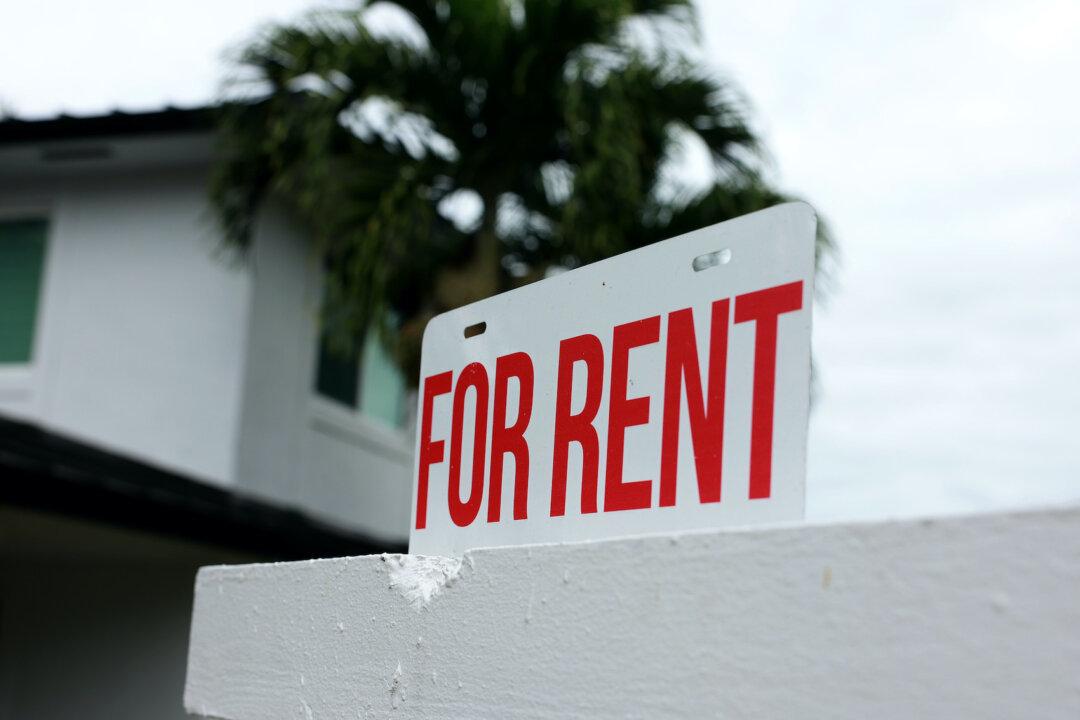The New Zealand government is reintroducing 90-day “no-cause evictions” and making several other changes to notice period laws in a bid to incentivise more landlords to enter the rental market.
Under the previous John Key-led National government, the same provisions applied but these were scrapped by the Ardern Labour government.
Housing Minister Chris Bishop described the changes as “sensible” and “pro-tenant” and said they would “help increase the supply of rental properties.”
“The previous government waged a war on landlords. Many landlords told us this caused them to exit the rental market altogether,” Mr. Bishop said.
- Ninety-day ‘no cause’ terminations for periodic tenancies, meaning landlords can end a periodic tenancy without requiring a specific reason.
- Notice periods for ending a periodic tenancy to 42 days where a landlord wants to move themselves or a family member into the property.
- Tenants’ notice period for ending a periodic tenancy from 28 days to 21 days.
- A landlords’ ability to give notice to end a fixed-term tenancy at the end of the term without requiring a specific reason.
He said Labour’s policies had “caused worse outcomes for tenants: rents up by $170 (US$101) per week since 2017, the social housing waitlist increasing by about 20,000 families, and thousands of families living in emergency housing motels.”
The National-led coalition attributes this to landlords withdrawing from the market because they found it impossible to evict people who were in rent arrears or damaging their properties.
“We’ve heard from many landlords that, without the backstop of 90-day ‘no cause’ terminations, they were unwilling to take a chance on a tenant who may, for example, not have perfect references or a steady 9-to-5 job,” Mr. Bishop said.
Over 660,000 Rentals in NZ
Meanwhile, data from Tenancy Services, part of the Ministry of Business, Innovation and Employment, shows a large increase in the number of active rental bonds deposited. That is a clear indication more properties are being rented.By Nov. 1 last year, bonds were lodged for 410,904 residential rental townhouses, apartments, flats, units, and stand-alone homes. That’s an increase of 38 percent from 2010, when 297,624 bonds were lodged.
Meanwhile, StatsNZ shows the estimated number of rented dwellings in the December 2023 quarter was 663,700. The difference between the two figures is because 71,000 properties are provided for free and some landlords don’t require bonds, such as when renting to family.
Mixed Reactions From Renter and Homeowner Groups
The announcement has been met with anger by renters’ groups and opposition parties, but welcomed by groups representing landlords.Green Party housing spokesperson Tamatha Paul criticised the changes, saying they give people looking to rent “little hope.”
“We have a government that thinks it is running a company not a country, and treats housing as a business,” she said.
“Housing is a human right, and every person deserves a warm, safe and affordable home, whether they own that home or not.”
She said no-cause evictions leave tenants “at the whim of their landlord,” causing them constant stress.
“Removing tenants’ right to renew their lease at the end of a fixed term means that people will be moving houses every year. If we want renting to be seen as a long-term, viable option in Aotearoa, as it is in many countries with greater housing security, then we must make sure that renters can see their house as a home,” she said.
Renters United spokesperson Geordie Rogers said he would have preferred to have had a “grown-up discussion” about why landlords needed to evict people without a reason.
“We’re being told we have to trust landlords, that they always do the right thing, that the ability to kick tenants out at any moment is in any way going to be good for renters. That’s ultimately the thing most people in our community are concerned with,” he said.
“Even people who are paying their rent on time, not being annoying to the landlord at all, taking good care of the property ... have had experience with no-cause evictions where they’ve been discriminated against and given notice when seemingly nothing has gone wrong.”
Meanwhile, Auckland Property Investors Association general manager Sarina Gibbon said a survey by the NZ Property Investors Federation showed only 3 percent of tenants received a 90-day notice each year.
She called it “peace of mind insurance for landlords that if they take a punt on a tenant, if something goes wrong, at the very worst it’s 90 days to move on. It’s more of a psychological benefit.”
The government will introduce a Bill making these changes in May, with the law expected to come into force in early 2025.






